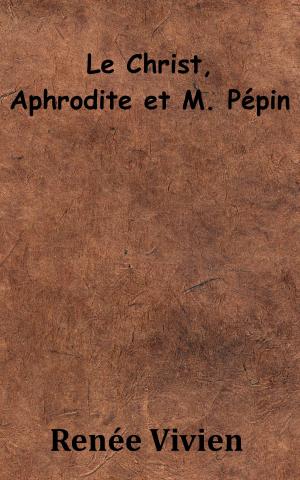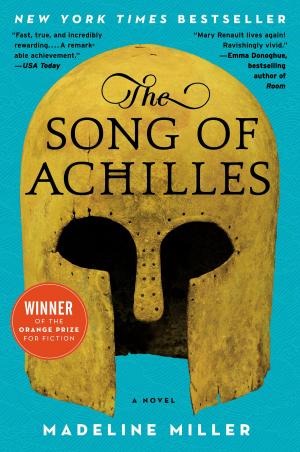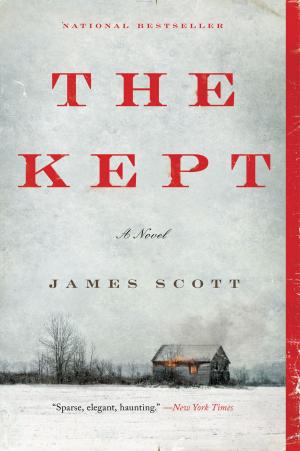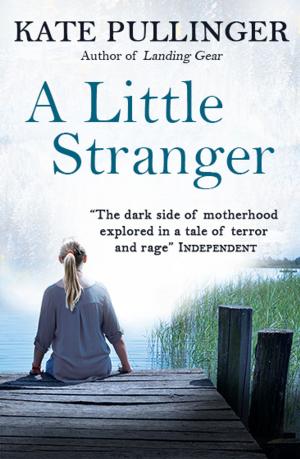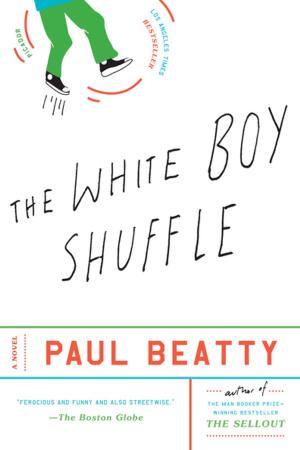| Author: | Andrew Doig | ISBN: | 9781476039237 |
| Publisher: | Andrew Doig | Publication: | June 26, 2012 |
| Imprint: | Smashwords Edition | Language: | English |
| Author: | Andrew Doig |
| ISBN: | 9781476039237 |
| Publisher: | Andrew Doig |
| Publication: | June 26, 2012 |
| Imprint: | Smashwords Edition |
| Language: | English |
What would you do if a two-foot septuagenarian Scotsman tumbled out of your washing machine? For William, a young Glaswegian travelling in Australia, his panicked efforts to save the tiny wee man bring a new companion abruptly into his life.
‘But what are you Davy?’
‘I’m jist yer wee big bollixed pal.’
William is on the rebound from a relationship with a Swedish girl, Beata, and from the lost friendship of his travelling buddies. When we first meet him, he is working on a banana farm, getting battered by the huge bunches he has to carry and bullied by the other workers. He lacks the character to form attachments or the imagination to think of a route out of this nasty situation.
When Davy arrives and becomes William’s constant familiar, he gives William the words and actions he needs to achieve what he, or more often what Davy, wants – friendships, adventures, new goals and sex. Davy’s influence is funny and frantic, but becomes increasingly malevolent. Their adventures take them from Australia to Korea, Hong Kong and Scotland. William develops a dependence on, but also a deep fear of, Davy and what he is capable of.
Wee Davy is a darkly comic novel that draws on the crisis of identity and longing for stability faced by a young man launched into a world of supposed adventure. Davy gives voice to desires and urges that William represses – for women, for change and for acceptance among his peers. As Davy coaches and prompts William, so he takes greater control of his life, despite William’s regrets, guilt and losses.
Wee Davy may be viewed as a contemporary gothic novel that inherits and develops upon the ‘divided self’ tradition of Scottish authors such as Hogg and Stevenson. It is also a book about exploration and discovery – both global and personal.
What would you do if a two-foot septuagenarian Scotsman tumbled out of your washing machine? For William, a young Glaswegian travelling in Australia, his panicked efforts to save the tiny wee man bring a new companion abruptly into his life.
‘But what are you Davy?’
‘I’m jist yer wee big bollixed pal.’
William is on the rebound from a relationship with a Swedish girl, Beata, and from the lost friendship of his travelling buddies. When we first meet him, he is working on a banana farm, getting battered by the huge bunches he has to carry and bullied by the other workers. He lacks the character to form attachments or the imagination to think of a route out of this nasty situation.
When Davy arrives and becomes William’s constant familiar, he gives William the words and actions he needs to achieve what he, or more often what Davy, wants – friendships, adventures, new goals and sex. Davy’s influence is funny and frantic, but becomes increasingly malevolent. Their adventures take them from Australia to Korea, Hong Kong and Scotland. William develops a dependence on, but also a deep fear of, Davy and what he is capable of.
Wee Davy is a darkly comic novel that draws on the crisis of identity and longing for stability faced by a young man launched into a world of supposed adventure. Davy gives voice to desires and urges that William represses – for women, for change and for acceptance among his peers. As Davy coaches and prompts William, so he takes greater control of his life, despite William’s regrets, guilt and losses.
Wee Davy may be viewed as a contemporary gothic novel that inherits and develops upon the ‘divided self’ tradition of Scottish authors such as Hogg and Stevenson. It is also a book about exploration and discovery – both global and personal.

